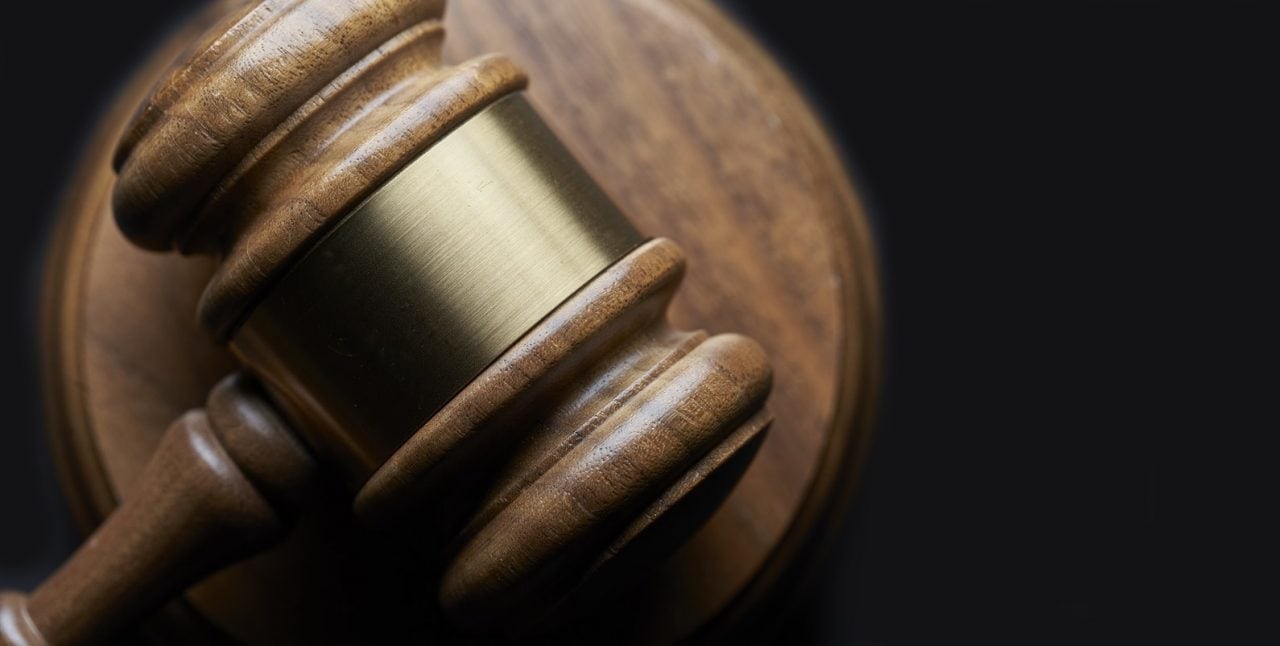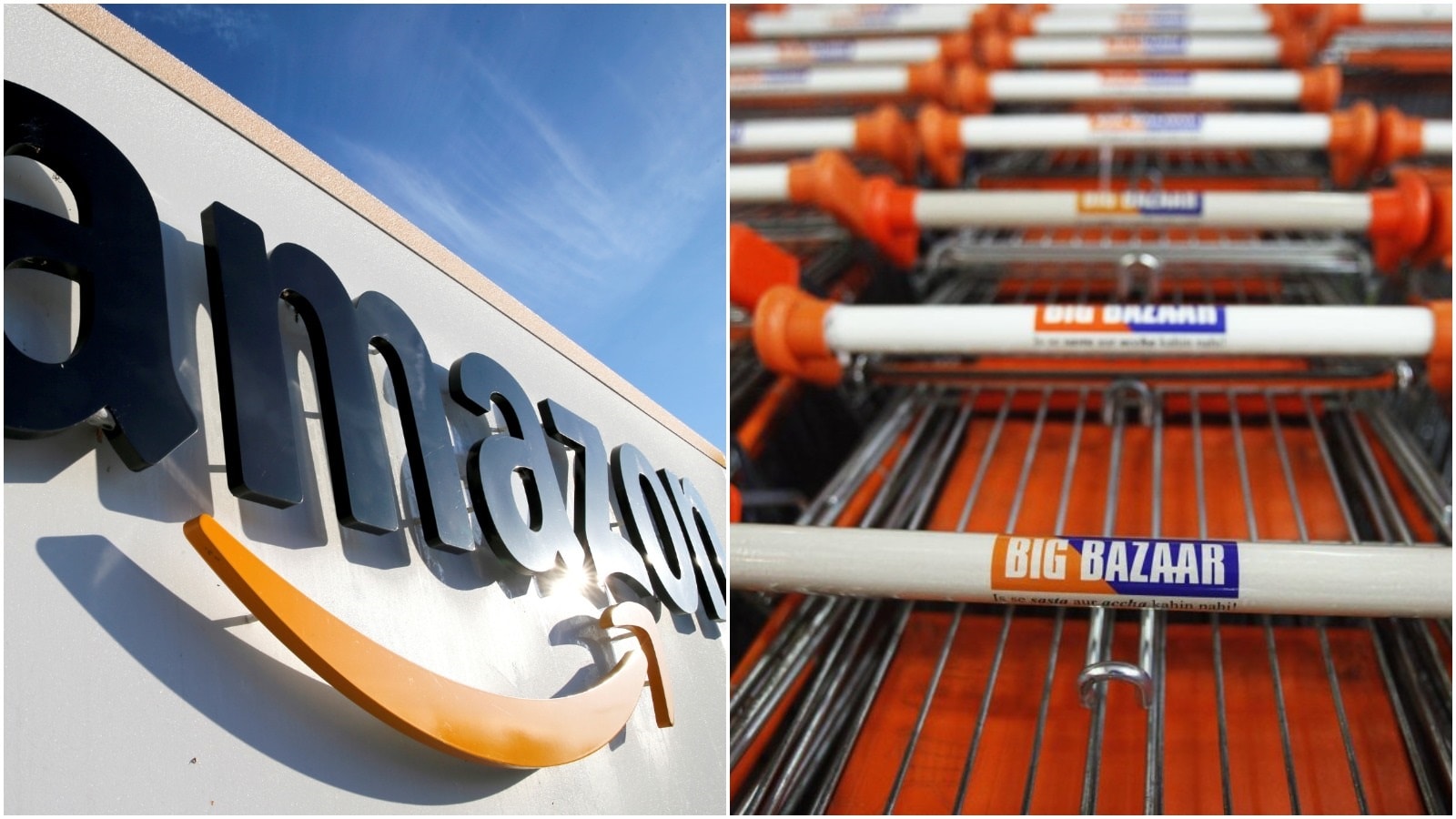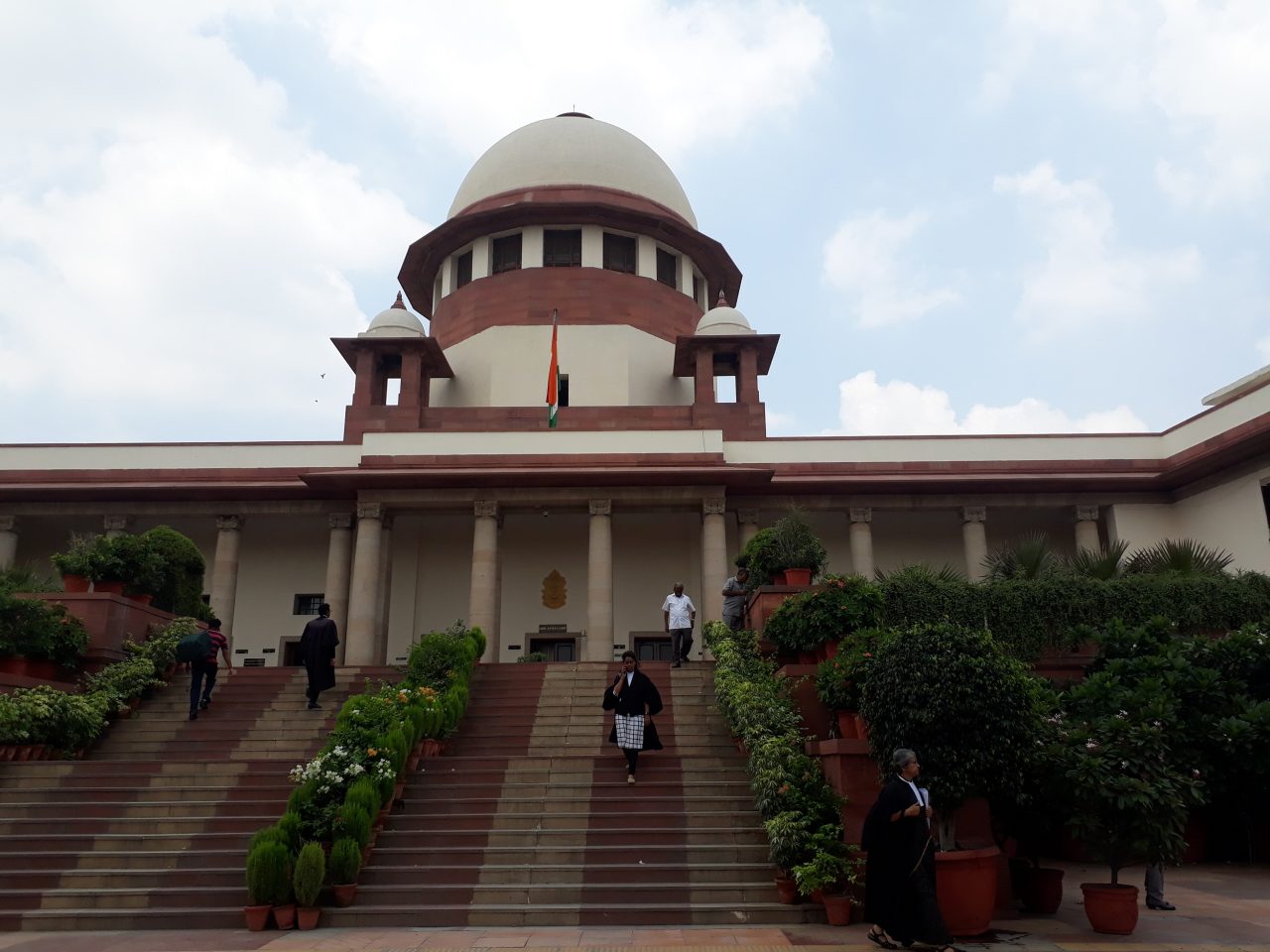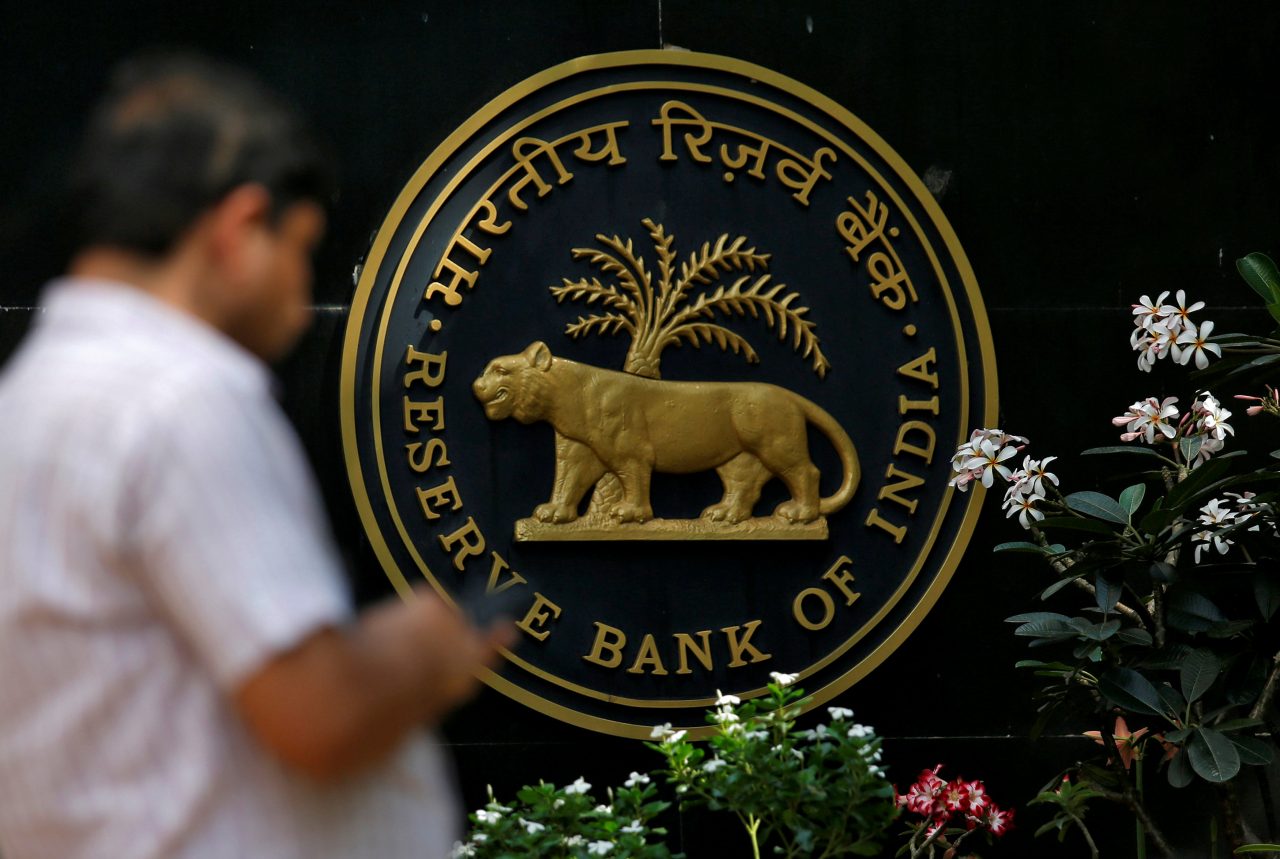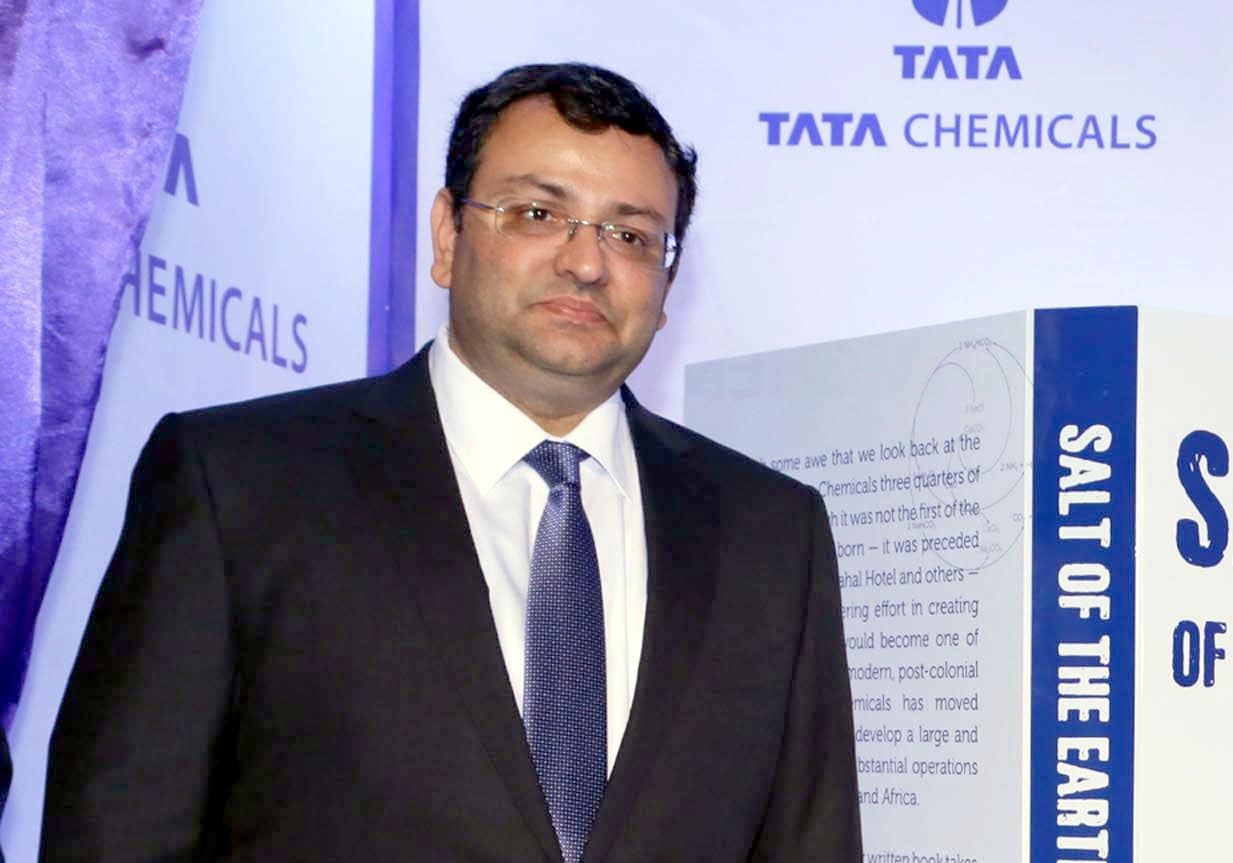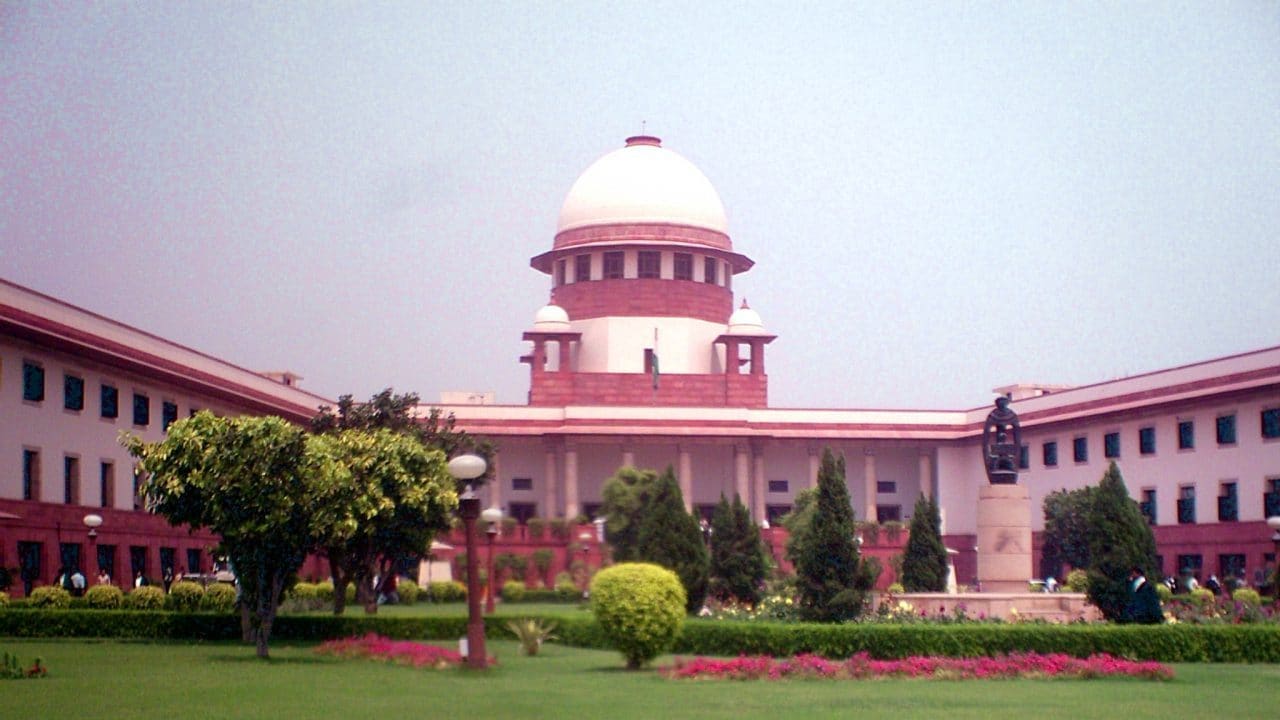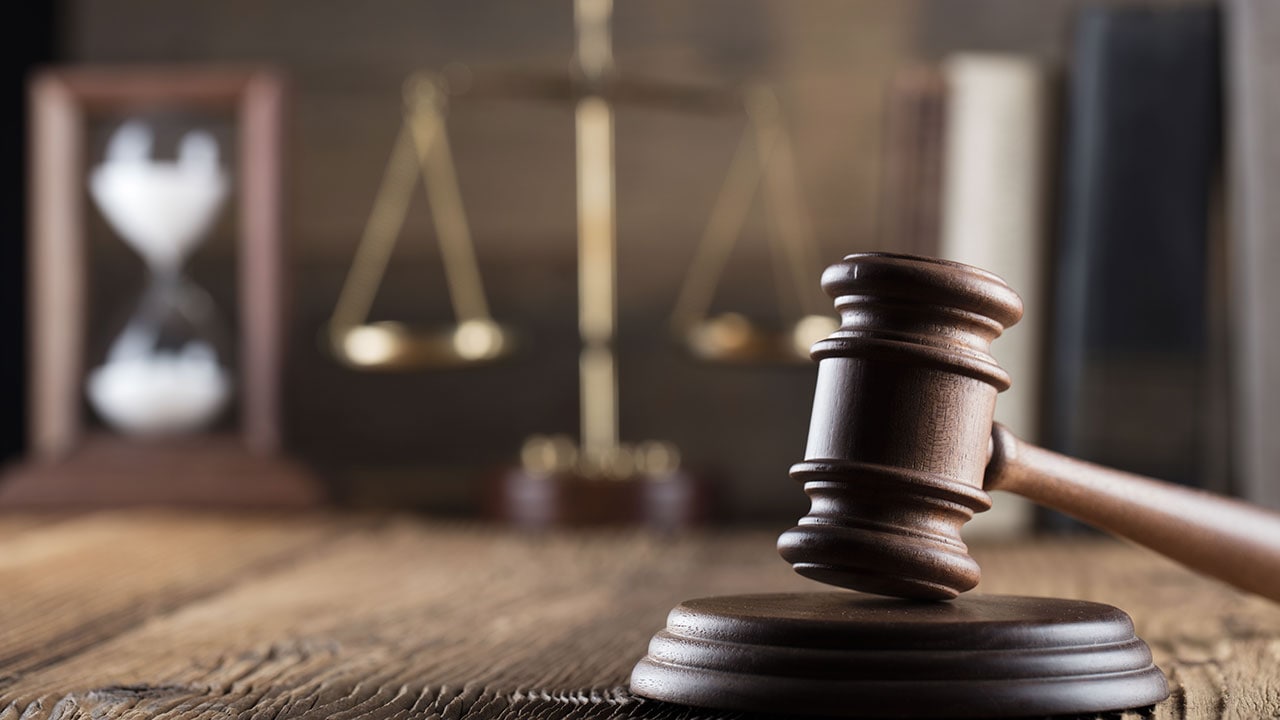Relief for Future Retail in its legal tussle with Amazon. The Delhi High Court stayed the single judge bench order directing a ‘status quo’ on Future Retail, Reliance deal till the next hearing.
CNBC-TV18’s Ashmit Kumar reports that the division bench of Delhi High Court said that Amazon had no business seeking a status quo because they are not interested in this deal. It also observed that the statutory authorities had been asked to maintain status quo when they themselves were not even present before the Delhi High Court.
The court also recorded that as part of Amazon’s investment agreement into Future Coupons, Future Retail was not a signatory to that investment agreement.
With these findings the Delhi High Court vacated the status quo and cleared the decks for the deal.
Watch video for more.
Disclosure: RIL, the promoter of Reliance Jio, also controls Network18, the parent company of CNBCTV18.com.
